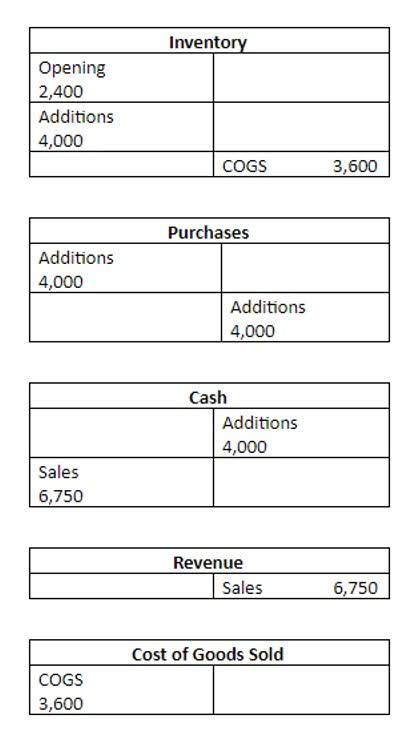
It helps in calculating key financial ratios and understanding the company’s ownership distribution. Treasury shares are the portion of shares that a company keeps in its own treasury. These shares are not considered outstanding because they are not held by public or institutional investors. While outstanding shares determine a stock’s liquidity, the share float—shares available for public trading – plays a crucial role. A company with 100 million outstanding shares, but with 95 million held by calculate number of shares outstanding insiders and institutions, will have a constrained float of only five million shares, impacting its liquidity. The float, for instance, has no bearing on market capitalization or earnings per share.
- The number of treasury shares held by companies is reported in the treasury stock account.
- By understanding and utilizing the formula provided, users can easily calculate outstanding shares and gain insights into a company’s financial status and market value.
- Thus, the denominator is expressed in terms of the type of common share that exists at the time the financial statements are released, rather than the type that exists when the earnings were achieved.
- However, there are still some ways you can figure out share counts as an exercise to confirm your understanding of how the company is capitalized.
- Options and warrants are one aspect of the difference between basic shares outstanding and diluted shares outstanding.
- Outstanding shares play a crucial role in determining a company’s market capitalization, a key metric for investors assessing a firm’s overall value.
Can Float Be Higher Than Shares Outstanding?
- Outstanding shares refer to the total number of shares of a company’s stock that are currently owned by shareholders.
- This can affect the numbers significantly and possibly change your attitude toward a particular investment.
- This “issued” stock can be less than the total authorized, but it can never be more.
- These reports often can be found on a company’s investor relations page.
- While outstanding shares determine a stock’s liquidity, the share float—shares available for public trading – plays a crucial role.
At this date, the company had 2.4 billion shares authorized and issued around 1.19 billion shares. The number of basic shares outstanding is calculated as the number of https://www.bookstime.com/ shares issued (1,192,093,991) less treasury stock (428,676,471). No, float—short for floating stock or floating shares—can’t be higher than shares outstanding. It’s always a smaller figure because it only counts the number of shares available for investment and trading on financial exchanges. Shares outstanding and floating stock are two types of share-number metrics that are important for investors. Although they both refer to all classes of a company’s common stock (as opposed to preferred stock), these two metrics are inherently different.

Understanding outstanding shares
Increasing treasury shares will always result in decreases and vice-versa. Those instruments can be “in the money” if the exercise price — the price designated for the stock by the option or warrant — is below the stock’s trading price. The same is true for convertible debt, which allows holders to either be repaid in cash or convert the debt into equity at a pre-set per-share price.
It shows what your stake in the company is

This can often be found in a company’s financial statements, but is not always readily available https://x.com/BooksTimeInc — rather, you may see terms like “issued shares” and “treasury shares” instead. Besides, it can be helpful to understand where the numbers you’re looking at came from. While shares outstanding account for company stock that includes restricted shares and blocks of institutional shares, floating stock specifically refers to shares that are available for trading. Floating stock is calculated by taking outstanding shares and subtracting restricted shares. Restricted stock are shares that are owned by company insiders, employees and key shareholders that are under temporary restriction, and therefore cannot be traded. As noted above, outstanding shares are used to determine very important financial metrics for public companies.

Generally, the outstanding shares meaning is confused with floating shares. Basic weighted average shares, on the other hand, represents the above-mentioned weighted average shares outstanding less the dilution of stock options for a specific period. For basic weighted average shares, “basic” essentially means non-dilutive.
